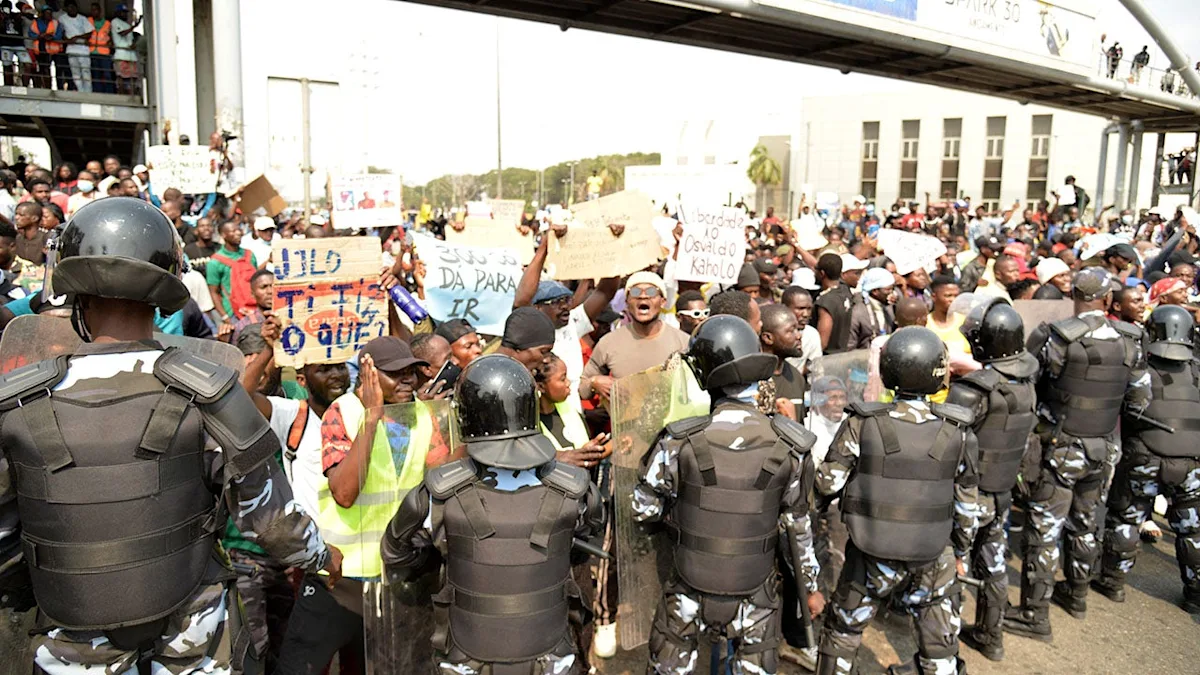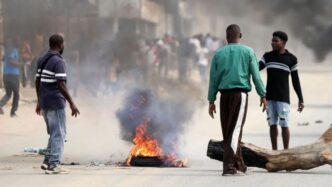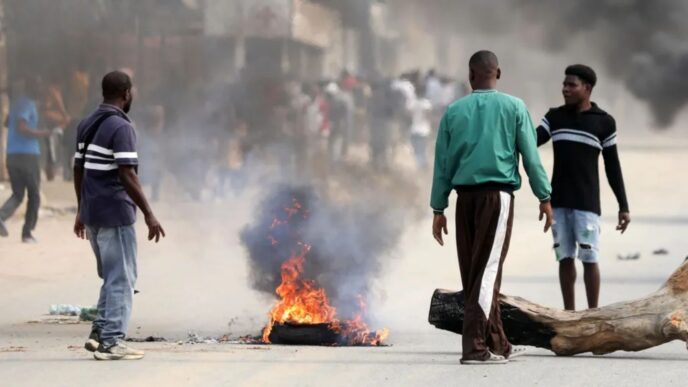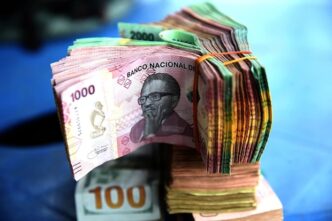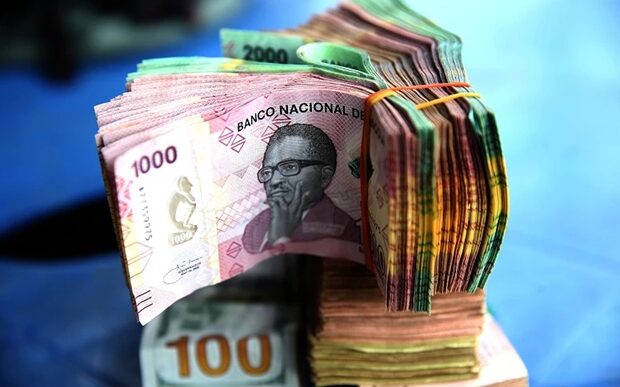The United Nations has called for a thorough and independent investigation following two days of violent protests in Angola, which have left at least 22 people dead. The unrest erupted in response to a sharp rise in fuel prices and marked one of the most serious outbreaks of violence the country has seen in recent years.
The protests began on Monday, triggered by a strike led by taxi drivers opposing the government’s decision to raise fuel prices from 300 to 400 kwanzas ($0.33 to $0.43) per litre as of July 1. The strike quickly escalated into widespread unrest, including looting and clashes with security forces across Luanda and other cities.
UN Human Rights Office spokesman Thameen Al-Kheetan issued a statement on Thursday urging Angolan authorities to investigate the deaths and alleged human rights violations. He stressed the need for a response that is “prompt, thorough and independent,” particularly in light of reports suggesting the use of live ammunition and tear gas by security forces.
“According to official figures, over 1,000 people have been detained. Unverified footage appears to show security forces dispersing demonstrators with live rounds, raising serious concerns over excessive and disproportionate use of force,” Al-Kheetan said.
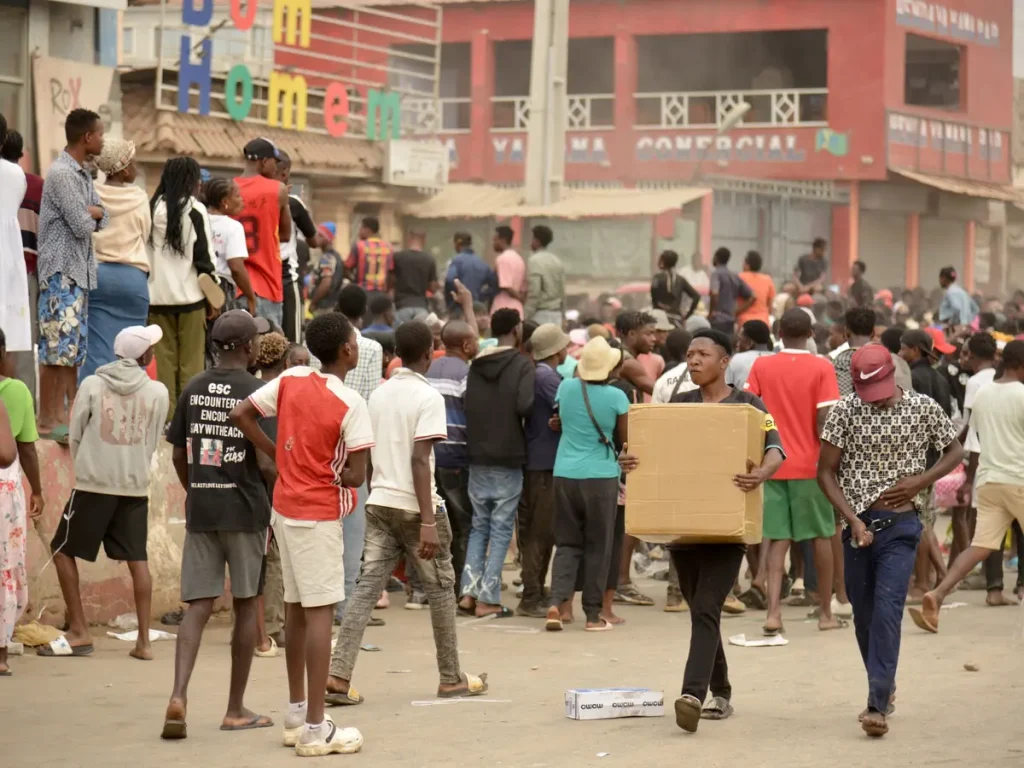
While acknowledging that some protesters turned violent and others may have taken advantage of the unrest to commit criminal acts, the UN urged the government to prioritise the protection of civil liberties.
“We call on Angolan authorities to refrain from unnecessary or disproportionate force and to uphold the rights to life, freedom of expression, peaceful assembly, and association,” Al-Kheetan added. “Anyone arbitrarily detained must be released, and all violations must be investigated with those responsible held to account.”
The fuel price hike forms part of the government’s effort to reduce costly fuel subsidies, reportedly under pressure from the International Monetary Fund (IMF), which has recommended reallocating public spending towards sectors like health and education.
However, the move has sparked widespread anger in the oil-rich nation, where roughly 36 million people face soaring inflation of around 20 per cent and unemployment approaching 30 per cent. The combination of economic hardship and government measures has made living conditions increasingly precarious for many Angolans, fuelling public frustration.


 Trending
Trending 
